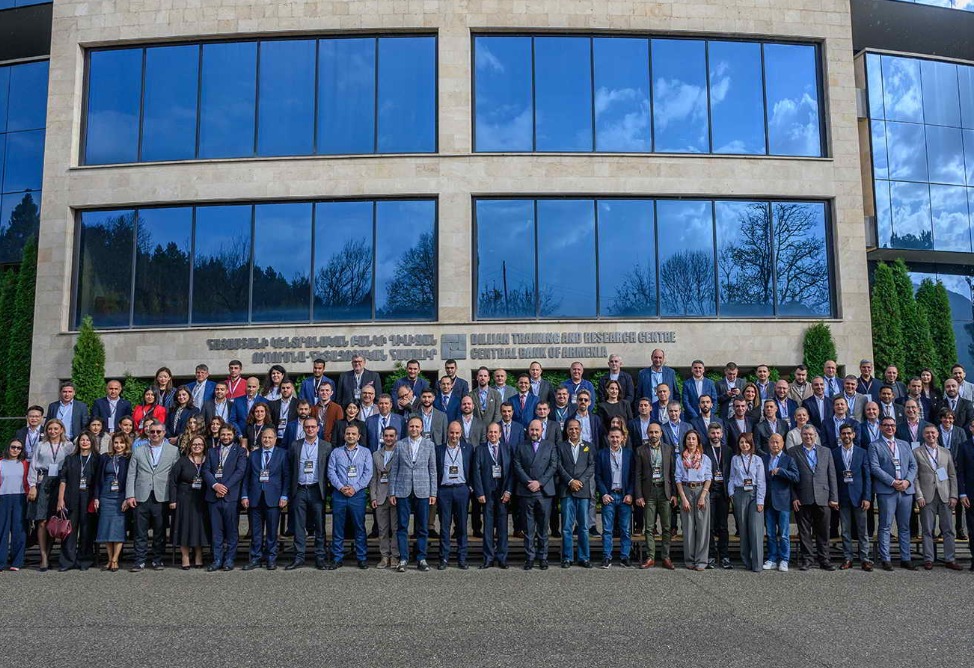YEREVAN, October 4. /ARKA/. The Central Bank of Armenia is constantly taking measures to combat financial fraud, said Martin Galstyan, head of the regulator.
Noting that the Central Bank is studying cases involving several banks, he recalled that the banking system’s loan portfolio amounts to nearly 7 trillion drams.
“Yes, every case of fraud is unique and important for a family. But there is no country where fraud is not recorded. Our goal is to minimize the number of such cases and try to find institutional solutions,” Galstyan said at a press conference on Tuesday.
According to him, if the regulator sees that a bank has prevented or resolved a problem, these solutions are made available to everyone.
“Today, I was shown a document on which my deputy’s signature, written in Russian, was forged, bearing the seal of some social security fund. He doesn’t have such a signature,” Galstyan emphasized.
He emphasized the importance of maintaining “digital hygiene.”
“If they (fraudsters) call, be skeptical, don’t trust them, hang up, and call back. Make sure you’re talking to the right person. During the latest fraudulent attack, which we seem to have overcome, some interesting solutions were discovered. But fraudsters aren’t standing still. They’ll try more innovative ways to perpetrate their schemes,” Galstyan said.
He assured that individual solutions will be found and offered at the bank level. “Our goal is to solve these problems systemically. It’s important not to reach a point where the problem becomes so complex that banks can’t solve it,” Galstyan said.
This year, cases of banking fraud have increased in Armenia, specifically fake statements posted on social media allegedly by banks, offering loans at low interest rates. The Central Bank is discussing tightening certain identification requirements, particularly for online loans, and is also considering a fraud insurance mechanism.-0-
This year, cases of banking fraud have increased in Armenia, specifically fake statements posted on social media by banks, supposedly to secure loans. The Central Bank is discussing tightening certain identification requirements, particularly for online loans, and is also considering a fraud insurance mechanism.








